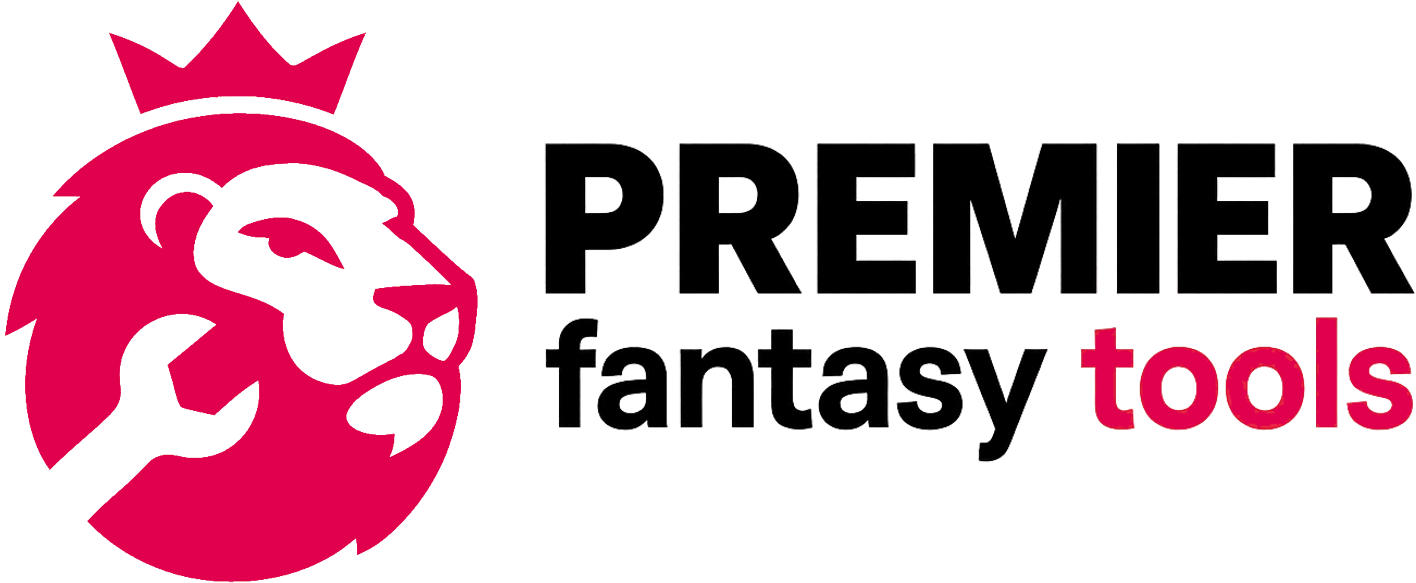Last updated on July 10th, 2025

New Zealand is proposing reform for online casino licensing but is facing growing opposition. The reform includes auctioning 15 online casino licenses but iwi leaders are arguing against the move and insist the government failed to meaningfully engage with the communities likely to be impacted. The groups, according to Radio New Zealand (RNZ), say there was no prior consultation with Māori and Pasifika communities and, with these people disproportionately affected by gambling harm, calls have been made for the process to be halted.
The reform is set to take effect in February 2026 but the Online Safety Iwi Leaders Group are demanding that community leaders and experts have greater input before that date. This article will look at the state of play and also assess how it could impact players and football gaming, from sports wagering to Premier League Fantasy Football.
Background on New Zealand’s Online Gambling Landscape and Plans
The online gambling landscape in New Zealand is regulated by the Department of Internal Affairs while laws are primarily governed by the Gambling Act 2003. This permits both land-based and online gambling activities under strict licensing requirements with operators having to adhere to laws and regulations while also ensuring responsible gambling practices.
With New Zealand planning to auction 15 online casino licenses, according to a report by Kiwislots, Internal Affairs Minister Brooke van Velden has indicated the majority will be secured by large international betting operators, a. However, successful licensees won’t be required to make financial contributions to community initiatives and this has been met with criticism and claims the approach dismisses social welfare by prioritising commercial interests.
The Role of Māori and Public Advocacy in Policy Formation
Māori participation and public advocacy plays a crucial role in the formation of New Zealand policies. Involved in both the processes and outcomes, Māori influence policy development by promoting indigenous rights and cultural considerations. Through lobbying, protesting and engagin with the government, the Māori influence ensures the community is considered when government decisions are made.
In the instance of gambling reforms, Rāhui Papa, chair of Pou Tangata, part of the National Iwi Chairs Forum, has described the current plan as an underhand way of enhancing the ways gambling platforms can be accessed. Papa claimed that allowing people to game at home on mobile devices could undermine the well-being of communities as such convenience and accessibility could create widespread dependency. It was also put forward that the absence of mechanisms to ensure offshore operators are bound by the Treaty of Waitangi could also see platforms avoid accountability when it comes to contributing local harm prevention efforts.
Iwi leaders are also concerned by a lack of robust research into the social and psychological effects online gambling could have on society. They believe the approach from the government so far does not adequately address how individuals and families could be affected, with younger generations and those already vulnerable to betting addiction at risk.
Changes and Harm-Minimisation Rules
Despite the opposition, Internal Affairs Minister Brooke van Velden insists the proposed regulatory system will improve protection compared to the current set-up. Right now, residents can access thousands of unregulated offshore gambling sites when they go online.
In addition to regulatory conditions, licensed operators will be subject to tax obligations, including Goods and Services Tax, an offshore gambling levy and a problem gambling levy. The funds will be used by the government to offer support services for individuals experiencing gambling harm.
What’s more, Van Velden says that the new licensing will actually impose mandatory safeguards, including age verificiation and harm-minimisation protocols. These measures are designed to reduce the negative impacts of betting online and often feature tools like self-exclusion zones and loss limits to help players gamble responsibly. By promoting safer gambling behaviors, governments can start to support players and educate on how to game for fun and entertainment as opposed to chasing losses or becoming addicted.
Impact on Sports Betting and Fantasy Football
So, what does this mean for wagering on the Premier League and picking your Fantasy Football side? Well, with more licensed operators there will be a greater number of options to explore and platforms to game at online. While Iwi leaders have voiced their concerns, licensed sites will have to follow strict laws and rules, meaning they will take the safety of their users extremely seriously.
From bolstering security and offering strong customer support services, Premier League bettors will be properly taken care of, with advanced encryption technology, for example, protecting personal information, financial details and other sensitive data from would-be hackers and malicious actors online.
As for Fantasy Football platforms, these too will be safe and fair environments where football enthusiasts can take on friends, family and even strangers in a range of leaderboards, challenges and tournaments.
Wrapping Up
Overall, the steps taken by the New Zealand government will see more licensed platforms operating in the country. Community groups will be keen to work with the decision-makers to ensure fantasy football players and sports bettors across society are protected from harmful practices. Also providing education on the tools required to wager responsibly is essential.
The casino industry and sports betting sector continues to soar in popularity around the world which means authorities are required to keep abreast of developments and implement regulations to ensure people are protected when accessing sites.

